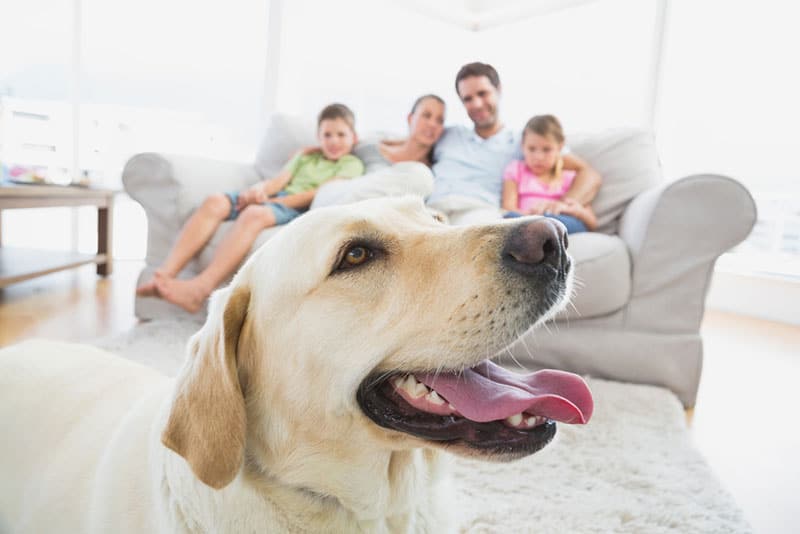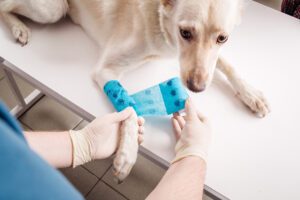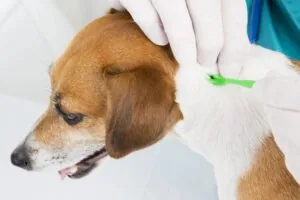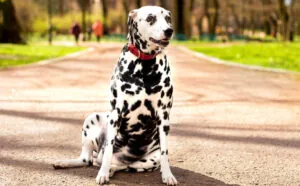Everything You Didn’t Know You Need to Know About Spaying Your Female Pet!

Do I need to spay my pet? When should I spay my pet? Is it safe to have my kitten or puppy spayed? What are some alternatives to spaying? Are there any negative side effects to having my pet spayed?
These questions and more might be running through your mind after you have purchased or adopted an adorable little kitten or female pup. Your friends might ask if you’ve had the procedure done, bringing up a point you had not even thought about yet!
For all of us loving pet parents, where our pets are concerned there are always going to be questions!
Chances are, you’ve had a pet before, but maybe it’s your first time having a female companion who has not been spayed.
Why Should I Have My Female Pet Spayed?
First of all, if it’s so popular, what exactly is spaying a pet all about? Well, if you read last week’s blog, you may have gotten a pretty good overview on what spaying is. Basically, it’s a procedure that neutralizes your female pet’s ability to procreate.
Now, you might be thinking, why do I need to do that? Perhaps you only have one pet in the house and don’t see why you would need to neutralize your female pet when there is not going to be a male pet around all the time with which to procreate anyway!
This thought is a solid theory, but there are a few holes in it. When your pet, whether cat or dog, begins to go into heat, she will send off a scent that can be picked up by other dogs or cats at a distance of up to three miles. That’s a pretty powerful and far-reaching signal! So, if your female companion is in heat, the chances are quite high that she will attract a male animal from just about anywhere within the vicinity, whether stray or domesticated.
Nature will take it’s course, and pretty soon, you may just find a litter of puppies or kittens on your hands!
Puppies and kittens are great. But, do you have the proper resources to care for them? Kittens and puppies that are not provided with shots, medication and other special care when they are young, run a high risk of being left to fend for themselves.
It is often very hard to find good owners who can care for the animals your domesticated pet may give birth to; and when these little kittens and pups are left to themselves, they often end up getting picked up by humanitarian workers who are forced to help curb the overpopulation of dogs and cats in cities and neighborhoods.
Overall, the overpopulation of cats and dogs in American neighborhoods has become quite a large and relatively expensive problem, so many owners now spay or neuter their household pets unless they plan to be breeders.
How Should You Go About Having the Procedure Done?
Most vet professionals recommend having your female dog or cat spayed around 6 months of age in order to prevent the problem of surprise litters from ever even occurring!
Before you actually have the procedure done, you actually need to take your pet into the vet for a pre-screening appointment. Your vet will examine your pet to make sure she is healthy enough to undergo surgery.
Your vet at that point can help you schedule an appointment for surgery and will give you instructions on what to do during the days preceding surgery. Some of the instructions might be as follows:
- Give your pet a chance to have plenty of rest and keep her calm during the days leading up to the surgery.
- Keep calm yourself so as not to unnecessarily agitate your pet.
- Keep your pet hydrated and well fed during the days preceding the spaying procedure, and follow day-before eating instructions that your pet will give you.
- After that, just bring your pet in for surgery and don’t worry!
Getting the surgery done right away under the care of a veterinarian professional is for some the best time to have the procedure done.
A vet will place your pet under anesthesia and then remove the uterus and ovaries of your female pet, leaving all of the other organs intact of course! But removing the ones that are related to reproduction.
After the surgery, you will want to follow these generic post-surgery guidelines as well!
- Keep your pet away from other animals during his recovery period. Other animals might excite your pet and cause him to want to jump around and play too much, over-exhausting himself.
- Inspect the incision area daily to make sure it does not re-open. If it does, contact your vet right away. Also, try to prevent your pet from licking the area as much as possible. When an animal licks an incision area, the activity can cause infection.
- Lastly, ask your vet for other post-surgery advice to follow and stick to the info you receive!
Once this surgery has been completed, your female pet will not run the risk of attracting male dogs and cats by going into heat, and will not be able to produce offspring.
After surgery, your pet will need some time to recover, but after the recovery period, she will be back to her happy, fun self!
By spaying your pet, you will be helping to solve a larger community issue, which is that of overpopulation of stray animals. If you are the kind of pet parent who never lets your pet roam free, whether in the yard or at a park/doggy park, then the risk of your pet becoming impregnated is indeed significantly lowered of course.
But it is hard to make sure your pet is always supervised. Imagine, even bringing your pet to a family reunion where you can’t monitor at all times could cause her to suddenly be ready to have babies!
So, overall, spaying is the current most popular method for preventing overpopulation, while also making life easier on you by relieving you of responsibility if a pet pregnancy were to occur!
When it comes to having your pet spayed though, always make sure to consult with your veterinarian or do some research on your own to make sure it is the best option for your furry friend in particular!
. . .
During the month of April, Shallowford Animal Hospital will be offering discounted spaying services. Contact our office to set up an appointment if your pet is in need of such a surgery!
Share This Post
Recent Posts
About Shallowford Animal Hospital
Shallowford Animal Hospital and The Pet Spa at Shallowford are dedicated to the exceptional, compassionate care your pet deserves. Pets hold a very special place in our families, and we treat yours like our own.



